Optician degree programs are somewhat of an emerging concept in the United States. Traditionally, employers have been able to develop their own hiring and employment guidelines for those wanting to work in the eye wear dispensary. In the past, opticians were primarily trained on-site by a more experienced individual. Today, there has been a shift from few regulations toward the widespread adoption of standards for how opticians should be educated, trained, and certified.
Though the majority of states still do not require a degree from an optician school, many have chosen to adopt standards that require both an opticianry degree and nationally recognized certification. Along with the increase in regulations, we have seen a gradual expansion of new and existing opticianry programs. While the number of programs has been increasing, many states still do not have a formal optician school. You should know that it can be extremely difficult to locate a school that is going to be convenient for you to attend.
Optician Degree Programs
Most of the accredited optician school programs offer a 2-year Associate of Applied Science (A.A.S.) Degree in Opticianry. Some of the schools may use the term Vision Care Technology or some other variation to describe the degree that they confer. Regardless of the terminology used, these programs are almost universally 2-years in length and, for the most part, require students to attend classes on-campus as opposed to online.
Some schools do offer some distance learning opportunities while others conduct all the classes on-campus. The majority of the programs have established relationships with off-campus optical shops where students receive hands-on training and experience. Most colleges also have their own on-campus optical shop that offers services to the general student population and the community. Some optician schools also offer evening and weekend classes to make things more convenient for students that are dependent on income from a regular job and have a family to care for.
Benefits of Formal Education
In general, optician school is designed to prepare students for the nationally recognized certification examinations administered by the American Board of Opticianry (ABO) and the National Contact Lens Examiners (NCLE). These examinations are recognized by the majority of the states that regulate the opticianry profession. This means that, by completing a degree program and passing the ABO and NCLE examinations, you will have met the most difficult requirements established by most states. It also means that you will be able to practice in any state once you have demonstrated that you meet the national standards for competency.
Optician school will also prepare you to sit for and pass state licensing board examinations if they are required by your local government. This requirement will vary depending on where you plan to seek employment. These examinations may involve a written examination, a practical examination (one where you are required to demonstrate specific skills in person), or both. Be sure to visit your state specific page on this website to learn more about what will be expected of you.
We realize that there are differing opinions, among opticians, about the need for formal education and nationalized credentialing. Though some would say that optician school is a waste of time and money, it could be pointed out that most healthcare related industries require some kind of formal education and nationalized credentialing. As the healthcare landscape continues to evolve, we expect that opticians who have received a standardized seal of approval will be viewed more favorably by both employers and legislative authorities. For this reason, we would advise anyone interested in a career as an optician to complete a degree program from an accredited optician school prior to completion of the ABO and NCLE examinations.
State Specific Programs
The links found below represent a list of accredited optician programs by state. Visitors who have an interest in formal optician education can learn more about legislative requirements in their area by selecting a state from the drop-down menu in the sidebar to the right just below the map of the US. Additional details about optician school accreditation can be found by reviewing the standards established by the national Commission on Opticianry Accreditation.
California:
Connecticut:
Florida:
Georgia:
Indiana:
Massachusetts:
Michigan:
Nevada:
New Jersey:
New Mexico:
New York:
North Carolina:
Ohio:
Rhode Island:
Tennessee:
Texas:
Virginia:
Washington:

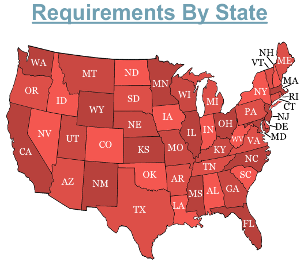

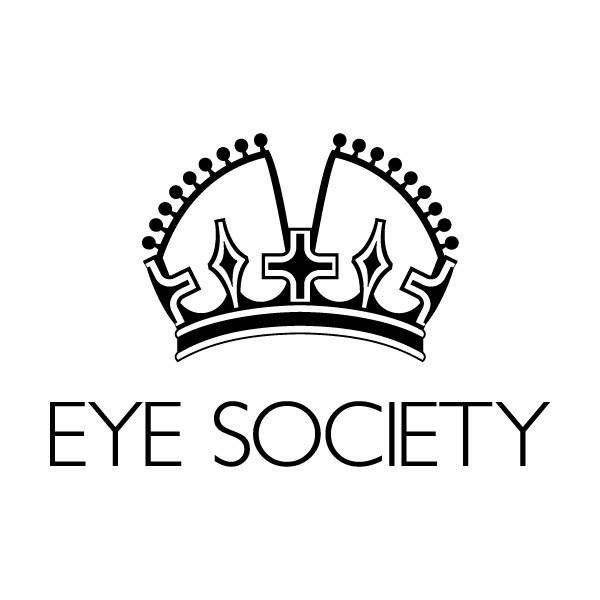

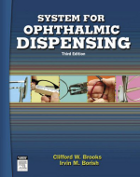
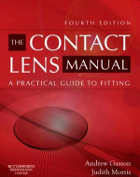
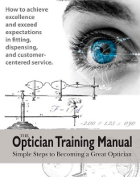

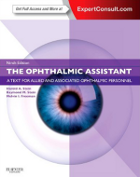
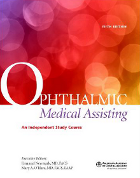
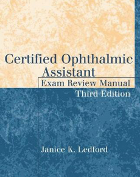
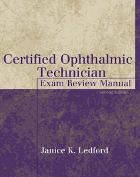
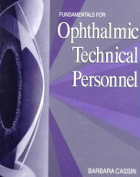
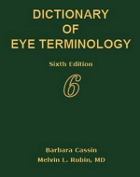
Could I do my classes online like on penn foster and still get accredited in California
was curious to know if any of the schools here listed have an online program for Optician School